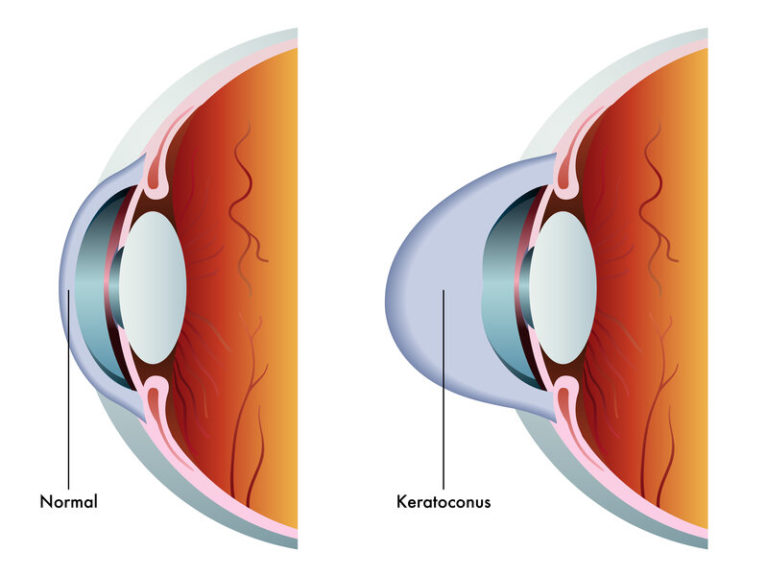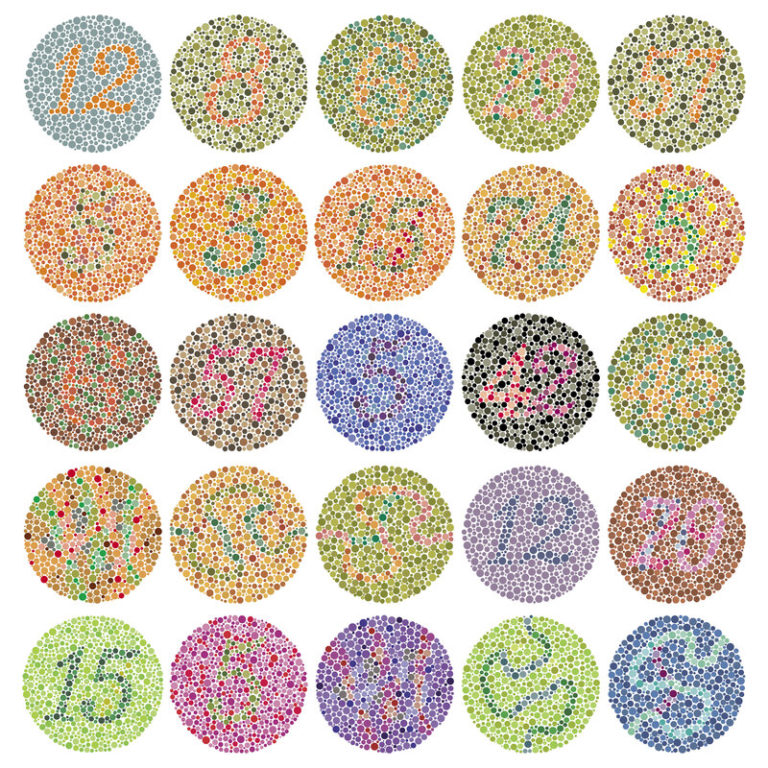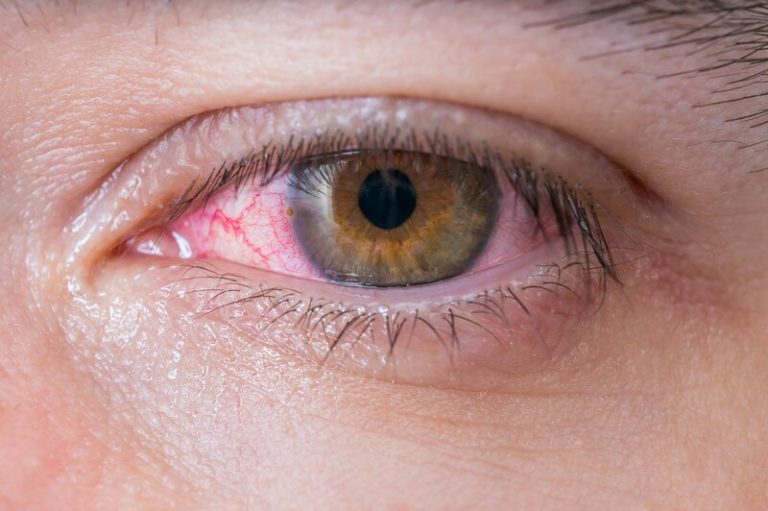Macular Degeneration Is The Leading Cause Of Vision Loss
Posted by: Atlantic Eye Institute in Education
Macular degeneration is the leading cause of vision loss for adults 50-years and older in the United States, and that includes cataracts and glaucoma cases combined. It is an age-related cause of vision loss. And, while we can’t stop you from aging, there are things you can do to minimize your chances of developing macular degeneration…
Read MoreKeratoconus: Symptoms & Treatment Options
Posted by: Atlantic Eye Institute in Education
There are multiple components involved in clear, 20/20 (normal) vision, one of which is the shape of the eye’s anatomical parts. When certain parts of the eye take on a cone shape, rather than remaining round, it causes blurry vision. Keratoconus is one of the eye conditions that affect the eye’s anatomical shape. Your annual eye…
Read MoreNearsighted vs Farsighted: What’s The Difference?
Posted by: Atlantic Eye Institute in Education
If you make an appointment for a routine eye exam, you’ll participate in a series of diagnostic tests. One of the most common is called the Snellen Test Chart – the good ol’ fashioned “Eye Chart” that contains a series of different letters and numbers in varying sizes in descending order. The results of that and other diagnostic screenings…
Read MoreEye Coordination: Get Your Eyes On The Same Team
Posted by: Atlantic Eye Institute in Education
When we look at the image of the world around us, it’s easy to forget that vision in two separate eyes leads to two separate images, both of which are integrated by the brain in order to make a single image. That process requires eye coordination between the eyes, the optic nerve, and the brain….
Read MoreSymptoms Of Color Blindness: Are You The 1 in 10?
Posted by: Atlantic Eye Institute in Education
Color blindness affects an individual’s ability to see and distinguish differences in color. It largely affects men (more on that below). Ophthalmologists determine that as much as 10% of the male population has diminished color vision, but women can have it as well (only about 1 in 200 women). While there is no treatment…
Read MoreIs Night Driving Challenging? Learn About Night Blindness
Posted by: Atlantic Eye Institute in Cataracts,Education,LASIK
Since humans are meant to be awake by day and sleep by night, requiring light to see clearly, it’s no wonder we struggle to see once the sunsets. For some of us, however, night blindness adds another layer of difficulty, especially in the twilight hours, in the midst of oncoming traffic, or in the rain….
Read MoreBlurred Vision Near Or Far? Could Be Astigmatism
Posted by: Atlantic Eye Institute in Education
Has life seemed a little blurry lately? It may be you are finally noticing signs of vision loss due to a refractive error called astigmatism. The only way to tell for sure is by scheduling a visit to your optometrist’s office. One of the most common vision conditions, astigmatism of one or both eyes affects…
Read MoreThink It’s Pink Eye? Maybe It’s Anterior Uveitis
Posted by: Atlantic Eye Institute in Education
Did you or a loved one wake up with a red, irritated eye? Before you jump to conclusions and announce, “pink eye!” And, certainly, before you use any leftover antibiotic drops you may have lying around (never do that!!!), contact your optometrist or ophthalmologist and schedule an appointment. A few quick questions – and perhaps a Virtual…
Read MoreYour Child Has A Lazy Eye: What Now?
Posted by: Atlantic Eye Institute in Education
As the parent of an infant, you’re used to noticing the unfocused gaze, which often includes a “lazy eye” as both eyes learn to focus on the world around them and connect with the optic nerve. For some babies and children, however, the weaker eye lets the stronger eye do the bulk of the focusing…
Read MoreWhy You Shouldn’t Rub Your Eyes
Posted by: Atlantic Eye Institute in Education
Rubbing your eyes when tired, or upon waking up is perfectly normal – and it feels pretty darn good sometimes. Unfortunately, too much rubbing can be bad for your eyes and your vision. Eye rubbing on and off throughout the day is a sign that something needs to be addressed. In the meantime, the very…
Read More












